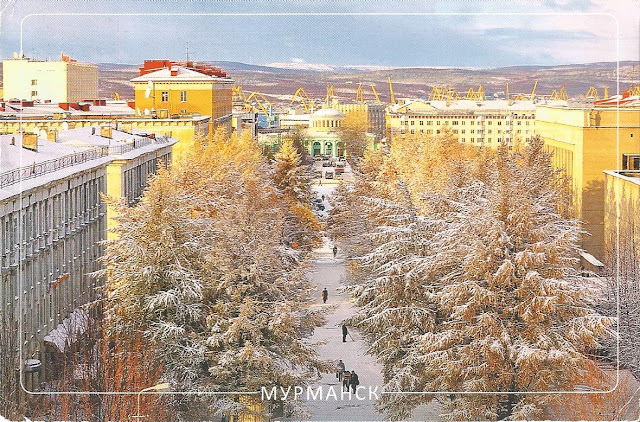Yunnan Stone Forest
Kunming, the capital of Yunnan Province, enjoys great fame among tourists not only because the region features a consistently warm climate, but also thanks to its wonderful vistas and landscapes. Among the most dramatic of these attractions is the Stone Forest (Shilin), known since the Ming Dynasty (1368-1644 A.D.) as the 'First Wonder of the World.'
It is in Lunan Yi Nationality
Autonomous County. It covers an area of 400 square
kilometers and includes both large and small stone
forests, as well as many other scenic spots. An old local saying says
that 'If you have visited Kunming without seeing the Stone Forest, you
have wasted your time.' Truly, the site is one of the most important
attractions of Yunnan.
Walking through the site,
visitors marvel at the natural stone masterpieces and are bewitched by
the intricate formations. The magnificent, strange and steep landscape
creates countless labyrinthine vistas, including:
Major Stone Forest, Minor Stone Forest and Naigu Stone Forest,
all of which feature stones in various formations. Animals, plants, and
even human figures can be found here. Some are elegant, some are
rugged, and each is lifelike with its own distinguishing
characteristics.
Subterranean Stone Forest
in Zhiyun Cave, distributed underground among several caves and
occupying a total area of about three square kilometers (720 acres).
Strange Wind Cave, composed of Penfeng Cave, Hongxi Spring and an underground river. From August to November, gales lasting two to three minutes sweep out of the cave every 30 minutes.
Strange Wind Cave, composed of Penfeng Cave, Hongxi Spring and an underground river. From August to November, gales lasting two to three minutes sweep out of the cave every 30 minutes.
Long Lake
is a karsts lake that is three kilometers (two miles) long but only 300
meters (zero point two miles) wide. The lake features underwater
stalagmites and stalactites and a small island in the center of the
water.
The source of the Dadie Waterfall,
Ba River, is a branch of Nanpan River. In the rainy season, up to 150
cubic meters (196 cubic yards) of water per square inch plummet down the
88 meter (288 feet) drop.
Geologists say the
Stone Forest is a typical example of karsts topography. Approximately
270 million years ago - during the carboniferous period of the Paleozoic
era - the region was a vast expanse of sea. Over time, the movements of
the lithosphere gradually caused a retreat of the waters and the rise
of the limestone landscape. Due to constant erosion by the elements, the
area finally developed into the present-day appearance.
Many beautiful legends originate in this magical place, passed along by
the native people known as Sani, a branch of the Yi ethnic group. One
particular story about the faithful love of Ashima, a beautiful, clever
and warm-hearted Sani girl, is the most popular and has been told for
thousands of years. The Sani people celebrate their national festival -
the Torch Festival - every lunar year on June 24. They take part in
traditional performances such as wrestling, bull fighting,
pole-climbing, dragon-playing, lion-dancing and the A-xi Moon Dance.
During this time, the place is alive with a particularly joyful, festive
atmosphere, making the area even more attractive than usual. However,
the Stone Forest - with its sculptures engraved by nature, herself - is
always a true miracle for visitors to behold.





Comments
Post a Comment